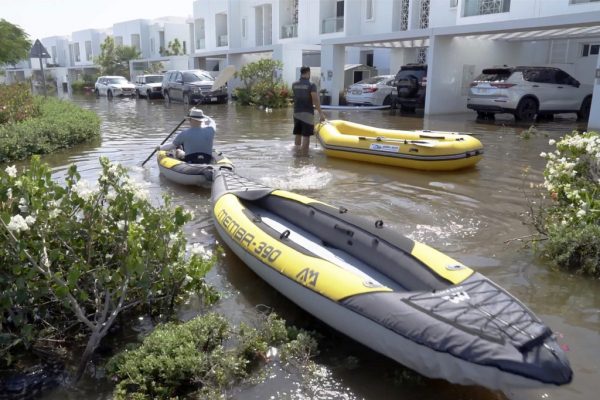
By A.J. Fabbri SYRACUSE, N.Y. (NCC News)– We’re losing an hour of sleep this weekend when we “spring forward” Sunday morning for Daylight Savings.
The idea of changing times has been around for a few centuries, but the government has mandated DST for a number of reasons.
The Department of Transportation states daylight saving protects against traffic accidents, violence, and saves energy.
Some locals disagree, and studies have shown DST is sometimes inefficient.
“It’s something that should go away. It’s disruptive,” said Karl Kascha, the owner of Karl’s Klocks in Syracuse. “It’s an outdated concept.”
Kascha has sold and refurbished clocks for some 30 years. He still hand winds his on daylight savings.
“It’s no big deal.”
Kascha said that daylight savings made sense before modern technology evolved. Originally, daylight savings was introduced as a wartime measure in 1918. It has evolved since, claiming that springing forward prevents the use of lights in the morning when people around the country are starting their day.
That is one of the ways the DOT claims daylight savings saves energy.
But a few reports released within the last decade dispute that claim.
In 2008, a U.S. Department of Energy study found that daylight saving decreased energy consumption by a mere .003 percent.
Another study, from U-C Santa Barbara, indicated that because there was more daylight available in warm summer months, people were leaving air conditioners on longer. This led researchers to estimate households in Indiana, the test state, were spending $3.18 more per year. That adds up to a little less than $10 million spent in the state alone.
As for safer traveling, there has been any concrete data linking safe driving with daylight saving.
“It’s a catch-22,” said Fernando, a local truck driver. “There’s more daylight to drive in. when it takes away an hour, we have less time to see at night, and we have less time to plan our route.”
Hawaii and Arizona do not actually recognize daylight savings. Recently, Florida proposed legislation to end the time shift. That requires federal approval and will take years.




